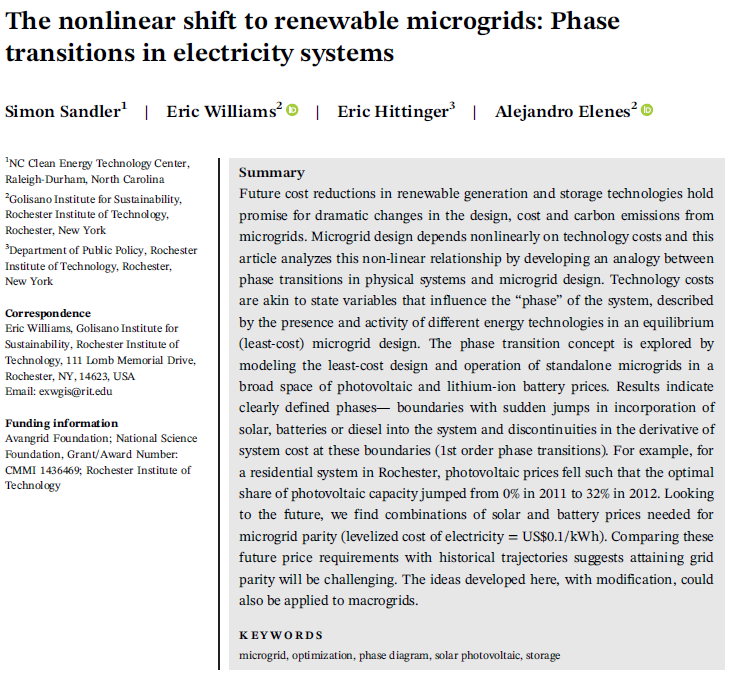If you're trying to understand/explain what cheap wind/solar is like, I propose this analogy: Imagine if humans had never discovered rice, wheat, potatoes, or other starches, and were just developing them now. What effect would this have on farming, eating, society?
A huge effect, to the benefit of society. It would be a new staple crop that at first promised to deliver low-cost calories to society and then later could become the basis of most diets around the world. First, the nutritional value of the plant would be tested in labs.
Later, some farmers would start growing it and figuring out ways to grow it cheaper and faster. These grains/potatoes would start to show up in meals, with the predictable backlash against all new things. Headlines appear: "New plants cheaper than traditional foods"
Adoption would grow rapidly, though the transition would be challenging. Nutritionists would warn that 100% potato/rice/wheat diets are not healthy. Chefs worry publicly about how to use the new ingredients in traditional recipes, as new ways to cook are slowly discovered.
People would look at the low cost of these carbs and the rapid growth in adoption and extrapolate, saying "Pretty soon, these new carbo foods will completely take over." But they wouldn't - we would still grow and eat fruits, vegetables, meat, and dairy bc of dietary needs.
Eventually, rice/wheat/potatoes really would form the basis of the global diet, which would be a great thing - no longer restricted to meat/dairy/fruit/veg, we can feed more people and grow food in areas that were not productive earlier. It would look like our real world.
All of this is to say:
1. Cost-effective new technologies can be a huge benefit.
2. Transition is complicated, takes times, and is uncertain.
3. In complex systems, new technologies tend to shift the equilibrium (sometimes a lot), but don't usually "take over".
1. Cost-effective new technologies can be a huge benefit.
2. Transition is complicated, takes times, and is uncertain.
3. In complex systems, new technologies tend to shift the equilibrium (sometimes a lot), but don't usually "take over".
I like this analogy because people can understand the end state of a new technology better if you say "Imagine that we didn't have [this currently common thing], then we got it." rather than "Imagine if we had [this non-existent thing]."
And, yes, I've talked before about electricity technologies as food types, and analogy I like, but I didn't talk about it from a social perspective, just from a nutritional perspective:
https://twitter.com/ElephantEating/status/1087774503458013184
• • •
Missing some Tweet in this thread? You can try to
force a refresh







